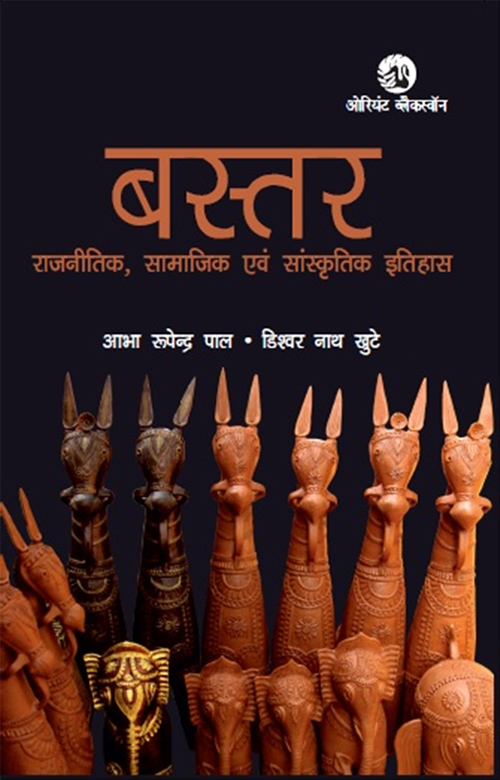Making the Modern Slum ; The Power of Capital in Colonial Bombay – Sheetal Chhabria
₹1,230.00
1 in stock
Description
Mumbai has long been notorious as a city ridden by poverty and slums. However, already by the early 1900s more than three-quarters of the city’s 1.2 million people lived in single rooms. Making the Modern Slum traces the long histories of impoverishment and inequality that constantly reproduced Bombay’s infamous “slum problem”.
Colonial Bombay was repeatedly beset by crises such as famine and plague, which threatened the flow of capital. Town planners, financiers, and property developers—Indian and British—used moments of crisis to justify interventions that would delimit the city, securing it for commerce, and progressively excluding laborers and migrants from it. By the early twentieth century, the slum had emerged as a particularly useful category of stigmatization that would animate city-making projects for decades to come.
Sheetal Chhabria locates the origins of Bombay’s slums in the combined efforts of capitalists and government officials to turn capitalist crises into profitable projects of city-making and slum-reform. She challenges assumptions about colonial urbanization and cities in the global south, and also provides a new analytical approach to urban studies and histories of colonialism. The book shows how the wellbeing of the city—rather than of its people—became an increasingly urgent goal of government, with agrarian distress, famished migrants, and the laboring poor seen as threats to be contained or excluded.
This book will be of interest to scholars in Urban Studies, History, Sociology, and Development Studies.
Only logged in customers who have purchased this product may leave a review.







Reviews
There are no reviews yet.